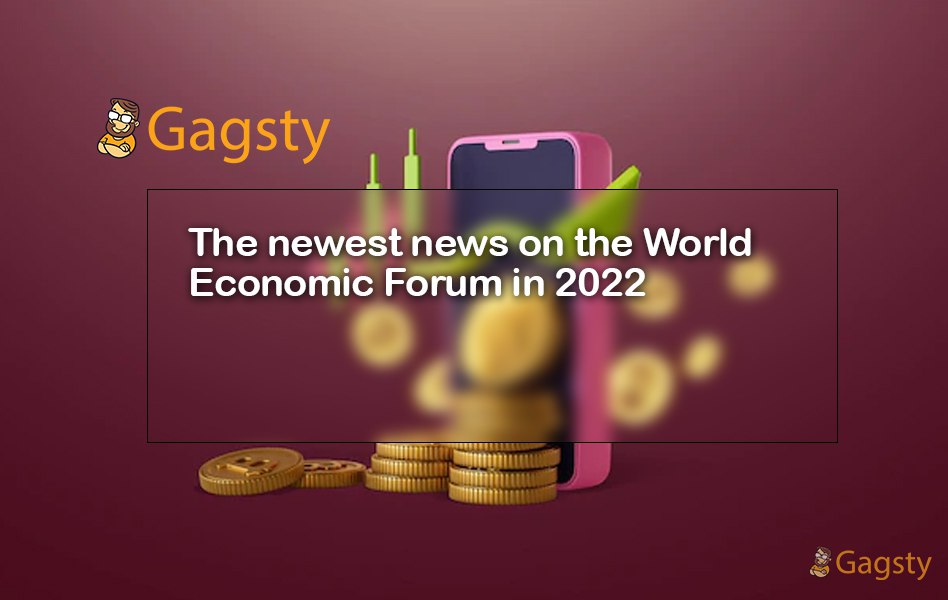
The OECD Secretary-General will speak about a reinvented international tax regime on the third day of WEF 2022, and industry executives will address Defi as the potential of decentralization.
On its third day, WEF 2022, the first in-person World Economic Forum gathering since the epidemic began, seeks to connect banking systems with the destiny of cash.
The Cointelegraph strike team, which includes editor-in-chief Kristina L. Corner, video director Jackson DuMont, and media writer Joseph Hall, is in Davos for the conference to obtain the most up-to-date information.
The OECD Secretary-General Mathias Cormann will speak on the third day of WEF 2022 on a reinvented international tax regime, and leading companies will address decentralised finance (Defi) as the destiny of decentralisation.
Top executives from FTX, Stellar Development Foundation, SkyBridge Capital, DataKing, and Cambridge Centre for Alternate Economics will discuss the sustainability targets of crypto mineral extraction with one of the most awaited events of the festival, Crypto’s Carbon Emissions.
9:00 am UTC
The focus of the roundtable discussion switched to quantum systems, their growth, and what might affect many fields, whether centralised or decentralised. When asked about just the world’s largest first operational computing device, IBM CEO Krishna said, “It’s ongoing.”
The advisory group then moved on to explore quantum processors’ significance in the virtual world and how they might affect technology in virtual reality.
When asked about digitized and decentralised change among formal structures, Antonio Neri, CEO of Hewlett Packard Enterprise, said that web3 and bitcoin are clearly on the minds of managers, but it’s much more about which method of computing and storage is more efficient.
08.30 am UTC
The panel ‘Regional Perspective on the Digital Age’ examined how to achieve ecologically sound economic growth. Nicholas Thompson, editor and CEO of The Atlantic, Arvind Krishna, chairman and CEO of IBM Corporation, and Julie Sweet, CEO of Accenture, were among the panellists.
The main topic of conversation was the development of the virtual world and its commercial possibilities. Accenture’s CEO discussed a variety of immersive virtual use applications, as well as their future goals for solid connection into the Accenture astral planes.
“The Metaverse has a great deal of potential and might be useful in a variety of fields. Over time, 100,000 Accenture workers would be absorbed into the Accenture virtual world.”
She went on to explain how metaverse enabled them to communicate and finish sessions in 3 components during the outbreak.
Arvind Krishna, the CEO of IBM, focuses on the role of machine learning and virtual reality (metaverse) in completing work that is risky for people, mentioning nuclear-generating facilities as an instance.
Leave a Reply